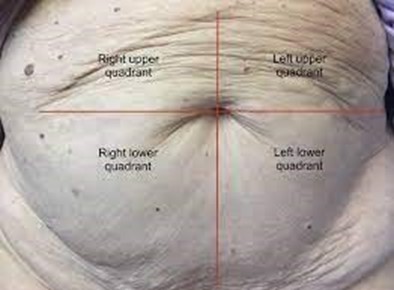A nurse is teaching a client how to self-administer daily low-dose heparin injections.
Which of the following factors is most likely to increase the client's motivation to learn?
The client's belief that his needs will be met through education.
The nurse explains the need for education to the client.
The client seeking family approval by agreeing to a teaching plan.
The nurse's empathy about the client having to self-inject.
The Correct Answer is A
According to self-efficacy theory, learning develops from multiple sources, including perceptions of one’s past performance, vicarious experiences, performance feedback, affective/physiological states, and social influences.
Choice B is wrong because simply explaining the need for education to the client may not necessarily increase their motivation to learn.
Choice C is wrong because seeking family approval by agreeing to a teaching plan may not necessarily increase the client’s motivation to learn.
Choice D is wrong because the nurse’s empathy about the client having to self-inject may not necessarily increase their motivation to learn.
Nursing Test Bank
Naxlex Comprehensive Predictor Exams
Related Questions
Correct Answer is C
Explanation
This is a contraindication for receiving magnet therapy for pain relief because the magnetic field generated by the therapy can interfere with the functioning of the implanted defibrillator.
Choice A is wrong because having a prescription for metoprolol is not a contraindication for receiving magnet therapy for pain relief.
Choice B is wrong because being allergic to penicillin is not a contraindication for receiving magnet therapy for pain relief.
Choice D is wrong because having a history of alcohol use disorder is not a contraindication for receiving magnet therapy for pain relief.
Correct Answer is A
Explanation
After postoperative surgery, chances of infections are very high also discharges, color changes, etc.
So it is important to expose the client’s abdomen to look for changes in appearance.

Choice B is not the answer because determining areas of resonance across the abdomen using a systematic approach is not the first action that should be taken 1.
Choice C is not the answer because using the diaphragm of a stethoscope to listen for bowel sounds is not the first action that should be taken 1.
Choice D is not the answer because performing abdominal palpation by pressing gently with the finger pads is not the first action that should be taken 1.
Whether you are a student looking to ace your exams or a practicing nurse seeking to enhance your expertise , our nursing education contents will empower you with the confidence and competence to make a difference in the lives of patients and become a respected leader in the healthcare field.
Visit Naxlex, invest in your future and unlock endless possibilities with our unparalleled nursing education contents today
Report Wrong Answer on the Current Question
Do you disagree with the answer? If yes, what is your expected answer? Explain.
Kindly be descriptive with the issue you are facing.
